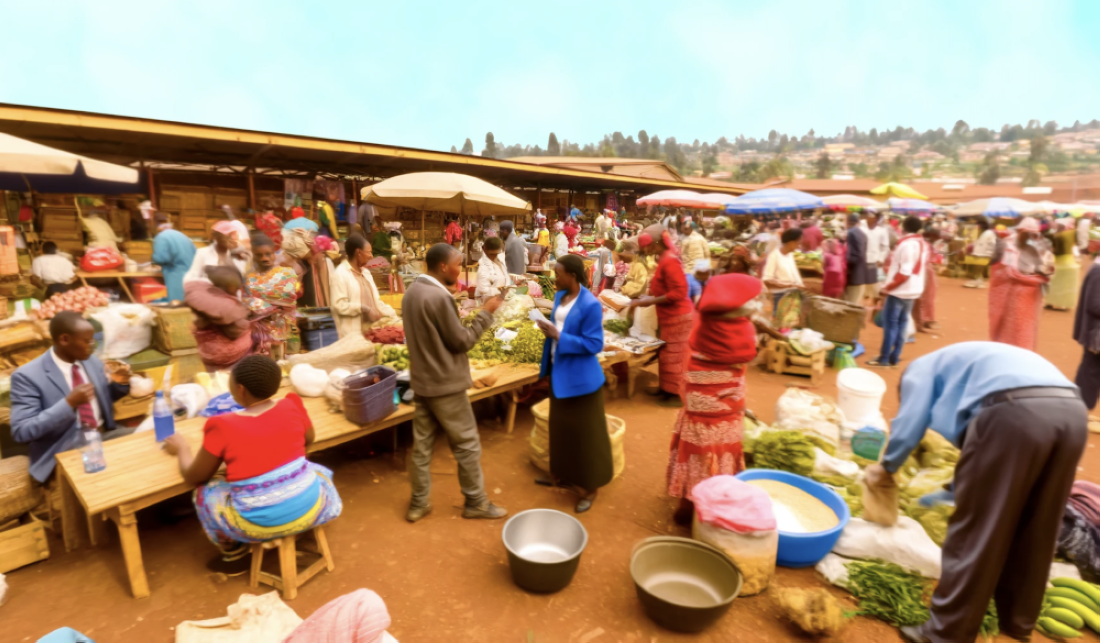According to the Rwandan Institute of Statistics, the inflation rate in Rwanda dropped to 4.2% in March, marking the lowest level since November 2022.
The Institute's report on the consumer price index indicates that the inflation rate has continued its downward trend for the fourth consecutive month, setting at 4.2% in March, down from 4.9% in February.
In urban areas, the annual inflation rate reached 10.2% between March 2023 and March 2024.
The Rwandan Central Bank expects the inflation rate to continue its downward trend in 2024, aiming to stabilize between 2% and 5% by the end of the year.
Inflationary pressures are mainly driven by the rising index of food products, non-alcoholic beverages, and transport costs. In November 2023, Rwanda recorded record inflation rates, primarily due to poor agricultural output, supply chain disruptions, and the devaluation of the Rwandan franc. These factors significantly impacted consumer prices, but corrective measures have since been taken.
To fully understand the economic situation, it is essential to connect these various economic factors and consider their impact on the daily lives of Rwandans. Appropriate monetary and fiscal policies, as well as initiatives aimed at stabilizing the Rwandan franc and improving agricultural yield, could play a crucial role in controlling future inflation.
This economic context demonstrates the resilience and complexity of the Rwandan economy in the face of internal and external macroeconomic challenges, and it will be interesting to follow the evolution of these trends in the coming months.











